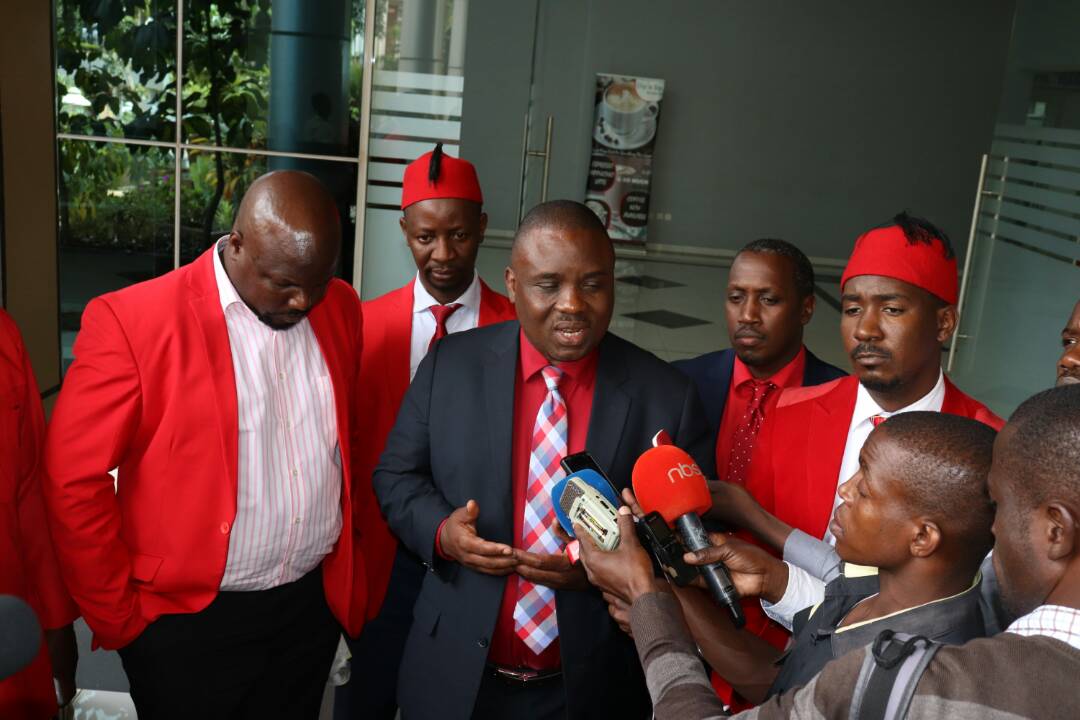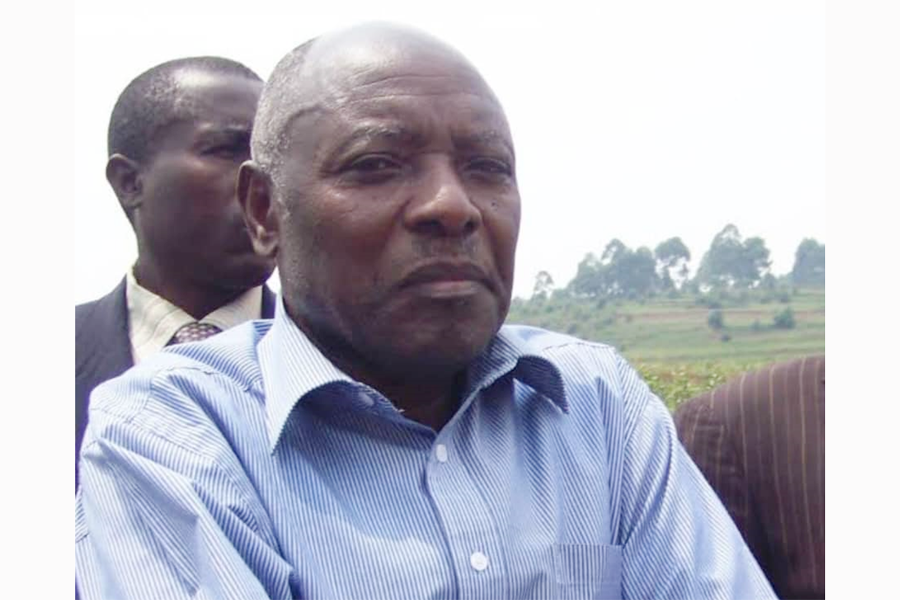Constitutional court upholds age limit amendment; annuls extending parliament’s term
The Constitutional Court sitting in Mbale has on Thursday evening upheld the amendment of article 102(b) to lift the minimum and maximum age limit from the constitution.
Parliament in December passed the controversial age limit bill to lift the cap on the presidential and district chairperson age limit from the constitution after a total of 317 MPs voted in favour of the motion whereas 97 were against it.
A group of five people including the Uganda Law Society (ULS), lawyer Male Kiwanuka Mabirizi, six opposition MPs led by the Leader of Opposition in Parliament, Winnie Kiiza, Prosper Businge, Dr. Abed Bwanika and Jonathan Abaine Buregyeya would later petition the Constitutional Court challenging the passing of the age limit bill into law saying it contravened the constitution.
In a judgment whose reading took over ten hours, by a decision of 4:1 the court ruled that the age limit amendment was passed in compliance with the constitution.
Justices Alphonse Owiny Dollo, Cheborion Barishaki, Elizabeth Musoke and Remmy Kasule upheld the amendment whereas Justice Kenneth Kakuru did not agree with the decision of parliament.
“Court declares removal of age limit for president and LC5 are valid and passed,” ruled Dollo.
Justice Remmy Kasule in his judgment said that there is no backing in the constitution that states that when a president clocks 75 years of age, he must vacate office adding that ages comes to different bodies differently.
“The Odoki Committee itself didn’t find the AgeLimit of the President as one of the critical pillars of the constitution to be entrenched. Accordingly, I find that the Amendment of article 102(b) doesn’t contravene the constitution,” Justice Kasule ruled.
“If we have fixed the minimum age, we don’t need to consider the maximum, the electorates will decide.”
Kakuru dissents
In his dissenting judgment in regards to the age limit amendment, Justice Kenneth Kakuru said that the MPs consulted very few people, a size which was not representative of the actual number of voters as registered by the Electoral Commission during the previous 2016 elections.
“There was no enough evidence that people of Uganda participated in these amendments. The evidence is too insignificant to constitute a meaningful participation of the people,” he ruled.
“Having said all that, I declare that the entire amendment was unconstitutional and should be declared null and void,” Justice Kakuru ruled before awarding costs to petitioners.
Annul seven years term
The panel of five judges unanimously agreed that it was wrong for the Members of Parliament to extend parliament’s tenure from five to seven years.
“These were unprecedented amendments through which people ought to have been consulted. Extending the term parliament and amounted to a flagrant breach of social contract,” Justice Barishaki said.
“It amounted to an attempt by parliament to override the power of the people and the same was null and void.
The judges explained that Members of Parliament ought to have extended the tenure of parliament through a referendum because this was a crucial matter that need the public’s participation.
 Some of the MPs who were who were suspended by Speaker Kadaga during the age limit debate .
Some of the MPs who were who were suspended by Speaker Kadaga during the age limit debate .
According to the panel of judges, Parliament overrode powers granted to it by the constitution and subsequently overtook the powers of the citizens.
“No submission was given that the extension was done in national interest. It was selfish and goes against principal of good governance,” Justice Barishaki said.
The no nonsense Justice Kenneth Kakuru described the legislators as being selfish when they unlawfully extended their tenure from five to seven years.
“If we go by what happened, it would mean that parliament would every five years extend its terms without holding an election and this is what Idi Amin did by declaring himself life president and parliament,”Kakuru ruled.
The Deputy Chief Justice added, “Court declares sections 2,4,6,9,10 in regards to extension of tenure of parliament and recitation of term limits unconstitutional and are struck out.”
Army storming parliament
The judges ruled that the army’s storming of the August House can’t be condemned on anyone apart from the legislators themselves for their behavior.
“The army would not have come if MPs had acted properly. They invited it on themselves by creating an environment that precipitated the army’s involvement,” ruled Justice Kakuru.
Justice Kasule said, “A number of MPs conducted themselves without the necessary expected restraint they have themselves to blame for the scuffle at parliament.”
However, Justice Barishaki said that despite justification of its involvement in the proceedings at parliament, the army acted inhumanely towards legislators.
“The speaker’s directive was for removing them(MPs) from parliament but not to detain them.Their arrest and detention was uncalled for .They (army) used excessive force and treatment of MPs was inhuman,” Justice Barishaki ruled.













